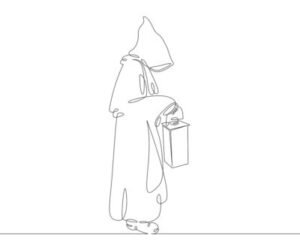Ready for More?
Related Posts
Read more recent posts from Tony’s Blog.
Want to be the first to know when we add new content, new books, and more? Sign up now to receive our monthly newsletter filled with inspirational teachings and reminders that we all have exactly what we need to be happy.
Sign up to receive free, daily inspiration delivered directly to your inbox.

I think of the times I come alive and the times when I am dead.
Life abhors security:
for life means taking risks, exposing self to danger, even death.
Jesus says that those who wish to be safe will lose their lives; those who are prepared to lose their lives will keep them
I think of the times
when I drew back from taking risks, when I was comfortable and safe: those were times when I stagnated.
I think of other times
when I dared to take a chance, to make mistakes,
to be a failure and a fool,
to be criticized by others, when I dared to risk being hurt and to cause pain to others.
I was alive!
Life is for the gambler. The coward dies.
Life is at variance with my perception of what is good and bad:
these things are good and to be sought; these others bad and to be shunned.
To eat of the Tree of Knowing Good and Bad is to fall from paradise.
I must learn to accept whatever life may bring, pleasure and pain, sorrow and joy.
For if I close myself to pain my capacity for pleasure dies
—I harden myself
and repress what I regard as unpleasant and undesirable, and in that hardness, that repression,
is rigidity and death.
So I decide to taste in all its fullness the experience of the present moment, calling no experience good or bad.
Those experiences that I dread—I think of them, and, inasmuch as I am able, I let them come
and stop resisting them.
Life goes hand in hand with change. What does not change is dead.
I think of people who are fossils.
I think of times when I was fossilized: no change, no newness,
the same old wornout concepts and patterns of behavior,
the same mentality, neuroses, habits, prejudices.
Dead people have a builtin fear of change.
What changes have there been in me over the past six months?
What changes will there be today?
I end this exercise
by watching nature all around me: so flexible,
so flowing, so fragile, insecure,
exposed to death
—and so alive!
I watch for many minutes.